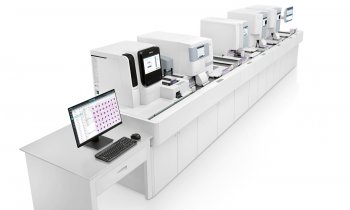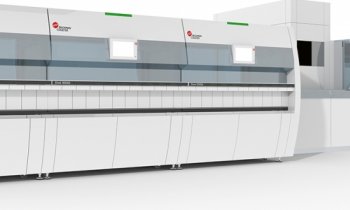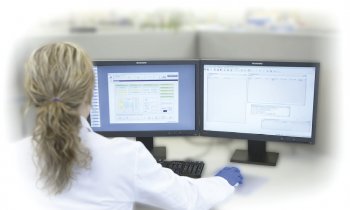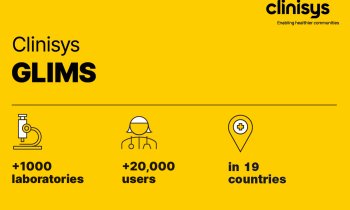Industry specialists collaborate on the Asklepios Future Hospital Programme
In response to growing pressure on healthcare systems, Asklepios Clinics initially joined forces with Intel and Microsoft to establish the Asklepios Future Hospital (AFH) Programme.
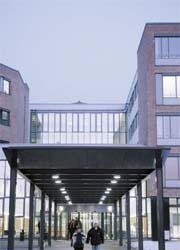
Up to now, over 20 companies have joined this venture – including Bosch, the healthcare insurance company DAK, Hewlett Packard, T-Systems, CompuGROUP, McKesson Technology Solutions, SAP, B.Braun, Conworx, Dimension Data, DOCexpert, Dräger Medical, EMC, MCS, Fujitsu Siemens Computers, Fujitsu, HanseVision, Lufthansa Systems, Patrise, SyynX and Welch Allyn.
The AFH Programme pursues an integrative approach to improving the quality and cost-effectiveness of healthcare treatment by setting new standards, Asklepios reports. In the AFH Programme, innovative technological solutions are developed and tested with selected co-operation partners from industry, healthcare, organisations and associations. The programme focuses on cooperation with a range of market and thought leading solution partners, and is deliberately designed as an open and dynamic programme.
Information technology serves as a driver and impetus for AFH, in which new technologies form the basis of solutions for innovative hospital environments. The wide-ranging projects focus on overcoming communication barriers by establishing seamlessly secured, interoperable communication between all healthcare service users, and on cost-effective solutions and improvement of patient treatment quality. The programme adopts a consciously integrated approach, involving the consistent reorganisation of an entire clinic and later extending to all Asklepios clinics. Analyses and tests examine the quantifiability, ease of integration and transferability of individual projects and solutions to other hospitals.
‘The Asklepios Future Hospital Programme has the potential to support, accelerate and secure processes of reform in national and international healthcare systems on a sustained basis’, said Uwe Poettgen, CEO of Asklepios Clinics and co-initiator of the programme. ‘The AFH aims at setting new standards of quality and efficiency within the healthcare system.’
First projects
OneIT
Initial successes have already been reported. In this project, issue of standardisation for the IT infrastructure of Hamburg’s Asklepios Clinics – Europe’s largest single-site hospital group – was examined. This resulted in the implementation of a central IT management named OneIT. The objectives were to introduce significant improvements in data protection, security, cost-effectiveness and availability. In view of the size of the Hamburg clinic group, comprising around 5,000 computer workstations that span not only management and administration, but also medical and nursing environments, OneIT became the largest migration project in the German healthcare system.
OneIT has simplified administration and improved security, thus increasing the cost-effectiveness of running the clinic by around one-third. Availability has risen significantly, while waiting times and system failure have dropped. Inter-site working is now straightforward, since any user can log in at any PC.
Telemedicine
The activities of the Asklepios Clinics in telemedicine pursue innovative of inter-sectoral interconnection in healthcare. This field developed from the desire to take internal hospital processes ‘outside’ and discover useful points of connection.
The key project Arztportal (Medical Professionals’ Portal) involved the design of a system for exchanging patient data between Asklepios hospitals and the patients’ general practitioners or specialists. An online platform handles data management and enables admitting doctors to communicate with Asklepios hospitals and exchange patients’ data.
The system enables closure of communication gaps along the treatment chain and provides efficient, simple communication between hospitals and external partners, supplying optimum support for integrated medical care and the medical treatment process of and to the patient. In addition, the project focuses on enhancing the integration of processes between hospitals and external partners.
Source: Asklepios Clinics
30.11.2007






